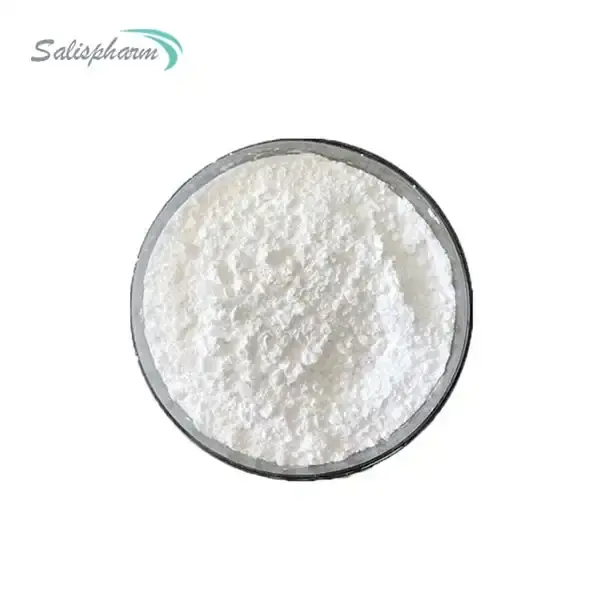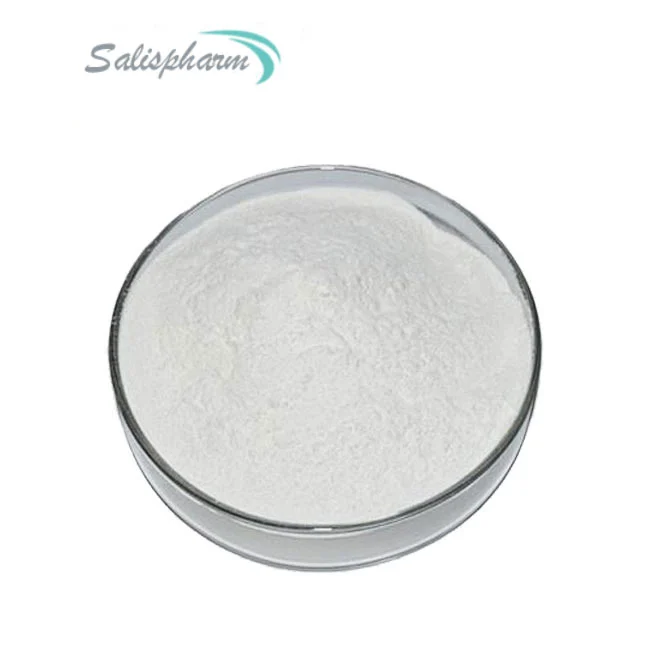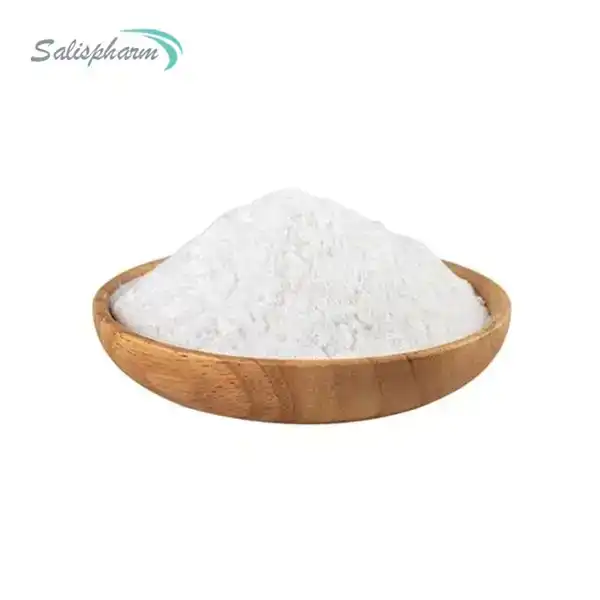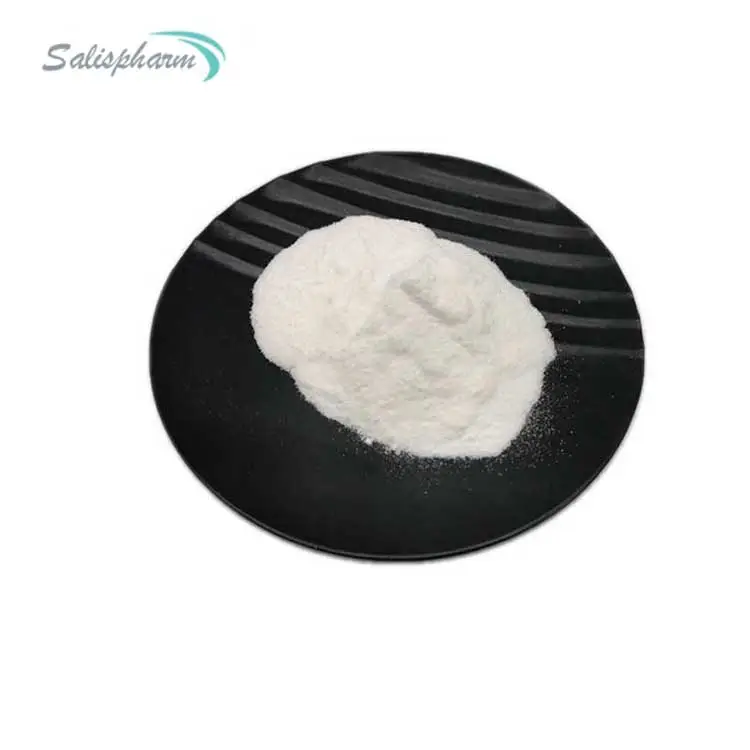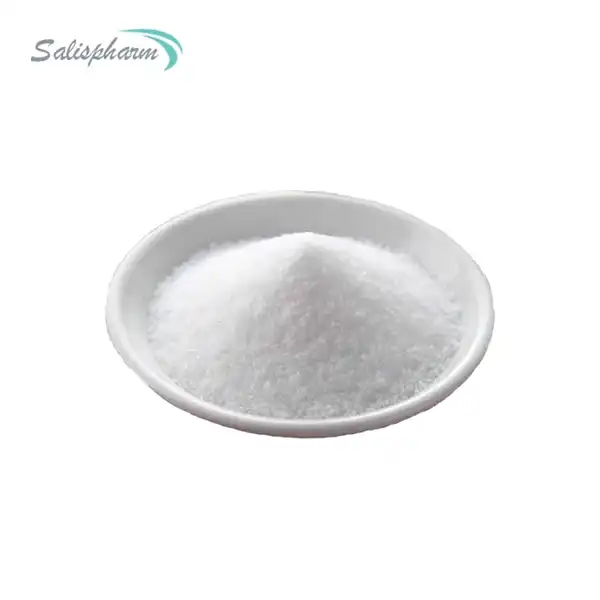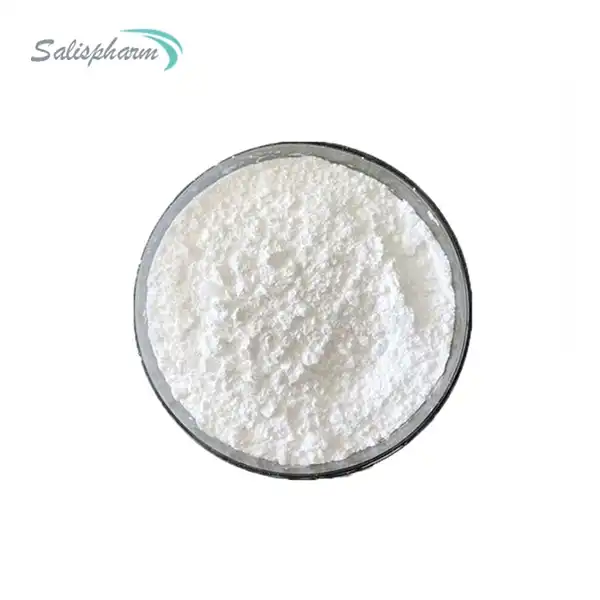Promethazine hydrochloride (HCl) powder is a medication primarily used to treat allergies, motion sickness, and nausea. However, some individuals misuse this substance for recreational purposes, often in combination with other drugs. This practice has raised concerns among healthcare professionals and law enforcement agencies due to its potential dangers and legal implications. In this blog post, we'll explore the reasons behind this trend and discuss its associated risks and consequences.
What are the side effects of drinking promethazine HCl powder?
Promethazine HCl powder, when consumed orally, can lead to a range of side effects that vary in severity depending on the dosage and individual factors. Understanding these side effects is crucial for anyone considering using this medication, whether for legitimate medical purposes or otherwise.
Common side effects of promethazine HCl powder consumption include:
1. Drowsiness and sedation: One of the primary effects of promethazine is its sedative properties. This can lead to excessive sleepiness, making it dangerous to operate machinery or drive.
2. Dizziness and disorientation: Users may experience a sense of lightheadedness or vertigo, which can increase the risk of falls or accidents.
3. Dry mouth and throat: Promethazine can reduce saliva production, leading to discomfort and potentially increasing the risk of dental issues.
4. Blurred vision: The medication can affect visual acuity, which may be particularly dangerous in combination with its sedative effects.
5. Constipation: Promethazine can slow down gastrointestinal motility, leading to difficulty in bowel movements.
It's important to note that the risks associated with drinking promethazine HCl powder are significantly higher than those associated with proper medical use. The powder form is not intended for direct consumption and may contain impurities or be mixed with other substances, increasing the potential for adverse effects.
Furthermore, the practice of drinking promethazine HCl powder often involves mixing it with other substances, particularly codeine-based cough syrups, to create a concoction known as "lean" or "purple drank." This combination dramatically increases the risk of severe side effects and potentially fatal outcomes due to the synergistic depressant effects on the central nervous system.
Healthcare professionals strongly advise against the recreational use of promethazine HCl powder or any form of the medication outside of prescribed medical use. The potential for addiction, severe health complications, and legal consequences far outweigh any perceived benefits of recreational use.
How long does promethazine HCl powder stay in your system?
Understanding the duration that promethazine HCl powder remains in the body is crucial for several reasons, including avoiding potential drug interactions, managing side effects, and being aware of detection times for drug tests. The length of time promethazine stays in your system can vary based on several factors, but generally, it has a relatively long half-life compared to many other medications.

Factors affecting the duration of promethazine in the system:
1. Individual metabolism: Each person's body processes drugs differently. Factors such as age, liver function, and overall health can influence how quickly promethazine is metabolized and eliminated.
2. Dosage: Higher doses of promethazine will typically take longer to be completely eliminated from the body.
3. Frequency of use: Regular or long-term use of promethazine can lead to accumulation in the body, potentially extending its presence in the system.
4. Method of consumption: While we're specifically discussing the powder form, it's worth noting that different formulations (tablets, syrups, injections) may have slightly different absorption and elimination rates.
5. Hydration levels: Proper hydration can help in the elimination of drugs from the body.
Typical duration in the system:
Promethazine has a half-life of approximately 9-16 hours in adults. This means it takes this amount of time for half of the drug to be eliminated from the body. Generally, it takes about 5-6 half-lives for a drug to be considered fully eliminated from the system.
Based on this, promethazine can typically be detected in the body for:
- Blood: Up to 2-3 days after the last dose
- Urine: Up to 3-4 days after the last dose
- Saliva: Up to 1-2 days after the last dose
However, these are general estimates, and actual detection times can vary. It's important to note that while the drug may no longer be detectable in standard tests after these periods, some effects or metabolites may persist for longer.
Long-term effects and considerations:
While promethazine may be eliminated from the body within a few days, regular or heavy use can have longer-lasting effects:
1. Tolerance: Regular use can lead to tolerance, where higher doses are needed to achieve the same effects.
2. Withdrawal: Abrupt discontinuation after prolonged use can lead to withdrawal symptoms, which may persist for days or weeks.
3. Cognitive effects: Long-term use, especially in recreational contexts, may have lasting impacts on cognitive function and mental health.
4. Organ damage: Chronic misuse can potentially lead to long-term damage to organs like the liver and kidneys.
5. Drug interactions: Even after promethazine is no longer detectable, it may still interact with other medications or substances for a period of time.
It's crucial to emphasize that using promethazine HCl powder recreationally is extremely dangerous and illegal. The powder form is not intended for direct consumption and carries significant risks of overdose, contamination, and severe side effects. Additionally, the practice of mixing promethazine with other substances like codeine (as in "lean" or "purple drank") dramatically increases these risks.
For those using promethazine as prescribed by a healthcare provider, it's important to follow dosing instructions carefully and inform your doctor of all other medications you're taking to avoid potential interactions. If you're concerned about promethazine use or its effects, consult with a healthcare professional for guidance and support.
Can you overdose on promethazine HCl powder?
The question of whether one can overdose on promethazine HCl powder is a critical one, especially given the increasing trend of its misuse. The short answer is yes, it is absolutely possible to overdose on promethazine HCl powder, and such an overdose can be extremely dangerous, potentially even fatal.

Understanding promethazine overdose:
Promethazine is a first-generation antihistamine with strong sedative properties. When used as directed for medical purposes, it's generally safe. However, when misused, especially in powder form where dosage can be difficult to control, the risk of overdose increases significantly.
An overdose occurs when a person takes more of a substance than their body can safely process. With promethazine, this can happen due to:
1. Intentional misuse: Taking large amounts for recreational purposes.
2. Accidental overconsumption: Mistakenly taking too much, which is more likely with powder form.
3. Drug interactions: Combining promethazine with other substances that enhance its effects.
Symptoms of promethazine overdose:
Recognizing the signs of a promethazine overdose is crucial for seeking timely medical intervention. Symptoms may include:
1. Extreme drowsiness or loss of consciousness
2. Severe dizziness and disorientation
3. Hallucinations or delirium
4. Seizures
5. Difficulty breathing or shallow breathing
6. Irregular heartbeat
7. Severely dilated pupils
The severity of these symptoms can vary based on the amount consumed, the individual's physiology, and whether other substances were involved.
Factors increasing overdose risk:
Several factors can increase the risk of overdosing on promethazine HCl powder:
1. Purity and concentration: The powder form may have varying levels of purity or concentration, making it difficult to gauge a safe dose.
2. Tolerance: Regular users may develop tolerance, leading them to consume larger amounts.
3. Polydrug use: Combining promethazine with other substances, particularly other central nervous system depressants like alcohol or opioids, dramatically increases the risk of overdose.
4. Individual sensitivity: Some people may be more sensitive to the effects of promethazine due to genetic factors or pre-existing health conditions.
5. Method of consumption: Drinking the powder mixed with liquids can lead to rapid absorption and potentially higher peak concentrations in the bloodstream.
Treatment for promethazine overdose:
If a promethazine overdose is suspected, immediate medical attention is crucial. Treatment may involve:
1. Supportive care: Monitoring vital signs and providing respiratory support if needed.
2. Activated charcoal: To help absorb any remaining drug in the stomach.
3. Intravenous fluids: To maintain hydration and support blood pressure.
4. Medications: To counteract specific symptoms, such as anti-seizure medications if seizures occur.
5. In severe cases, more intensive interventions like intubation or dialysis may be necessary.
Long-term consequences:
Even if an individual survives a promethazine overdose, there can be long-term consequences:
1. Organ damage: Particularly to the liver and kidneys.
2. Cognitive impairment: Prolonged oxygen deprivation during an overdose can lead to brain damage.
3. Psychological trauma: The experience of an overdose can have lasting psychological effects.
4. Increased risk of future overdoses: Having survived one overdose doesn't protect against future incidents.
Prevention and harm reduction:
The most effective way to prevent promethazine overdose is to avoid misusing the substance altogether. However, for those who may be struggling with substance use:
1. Educate yourself: Understand the risks associated with promethazine misuse.
2. Seek help: If you're struggling with substance use, reach out to healthcare professionals or addiction specialists.
3. Never mix substances: Avoid combining promethazine with other drugs or alcohol.
4. Use in safe environments: If using, do so in the presence of others who can seek help if needed.
5. Know the signs: Be aware of overdose symptoms and how to respond.
It's crucial to emphasize that using promethazine HCl powder recreationally is extremely dangerous and illegal. The risks far outweigh any perceived benefits. If you or someone you know is misusing promethazine or any other substance, seeking professional help is the safest and most effective course of action.
In conclusion, the practice of drinking promethazine HCl powder is a dangerous trend that carries significant risks. From severe side effects and the potential for overdose to long-term health consequences and legal implications, the dangers associated with misusing this medication are substantial. It's crucial for individuals to be aware of these risks and to seek help if struggling with substance use. Healthcare providers and public health officials continue to work towards educating the public about the dangers of prescription drug misuse and providing resources for those in need of support. Remember, the safest approach is to use medications only as prescribed by a healthcare professional and to seek help if you're struggling with substance use issues.
If you are also interested in this product and want to know more product details, or want to know about other related products, please feel free to contact iceyqiang@gmail.com.
References:
1. National Institute on Drug Abuse. (2021). Prescription CNS Depressants DrugFacts.
2. Drug Enforcement Administration. (2020). Drug Fact Sheet: Promethazine.
3. Clin Toxicol (Phila). (2019). "Purple drank" (promethazine and codeine) abuse in Texas.
4. J Med Toxicol. (2018). Promethazine Abuse and Overdose: Case Report and Review of the Literature.
5. Am J Health Syst Pharm. (2017). Safety considerations with chlorpromazine and promethazine.
6. Subst Abuse Rehabil. (2016). Prescription drug abuse: from epidemiology to public policy.
7. Pharmacotherapy. (2015). Promethazine: An old drug with new indications.
8. Ann Emerg Med. (2014). Promethazine adverse events after implementation of a medication shortage replacement protocol.
9. Curr Drug Saf. (2013). Promethazine: a review of its potential for abuse.
10. J Anal Toxicol. (2012). Detection of promethazine and its major metabolites in hair samples by LC-MS/MS.

